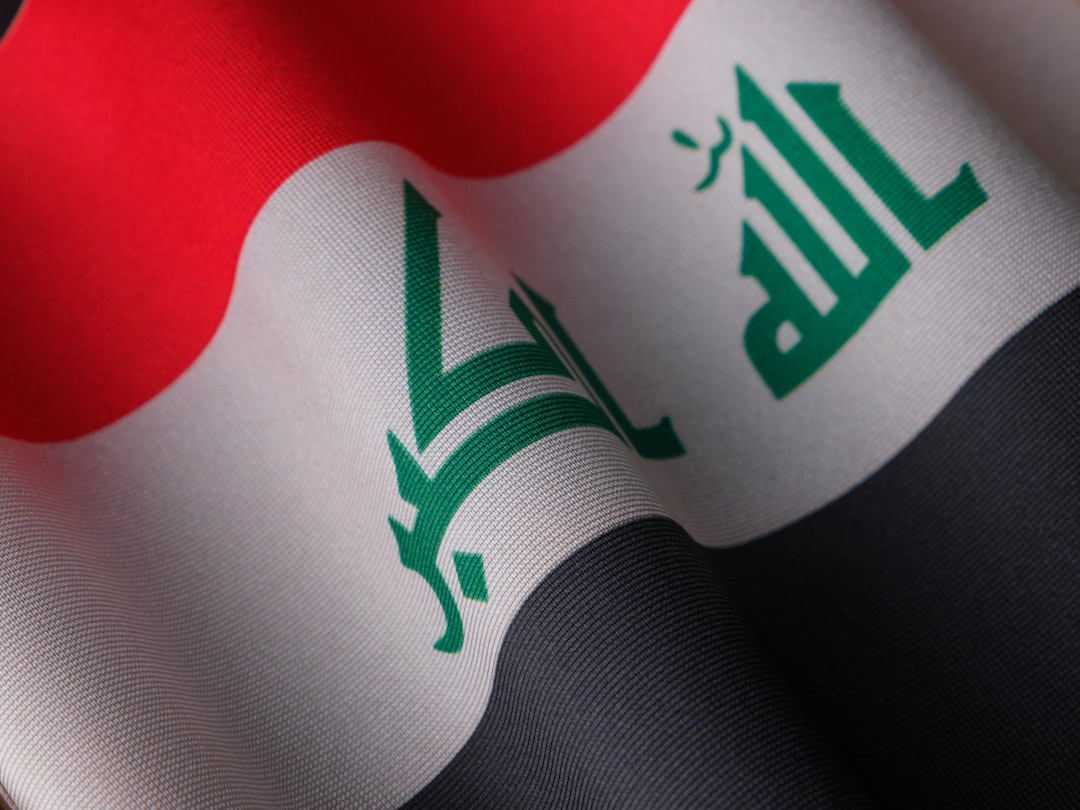Iraq helps mitigate negative consequences of sanctions on Iran
Without Iraq's help Iran would not have access to dollars, oil market and military technology.

How is Iran, the second most sanctioned country in the world not only is still effectively functioning but is also able to provide support to Russia, the most sanctioned country in the world?
Neighboring Iraq significantly helps mitigate negative consequences of sanctions. And it is the case because Iran has long held enormous political, economic, and military sway over neighboring Iraq.
Dollars. Iran is restricted on acquiring US Dollars so it is illegally getting dollars from Iraq. Knowing about this scheme very well, recently US imposed tighter control on dollars circulations in Iraq including making it mandatory to use an electronic system for transfers that required entering detailed information on the intended end-recipient of dollars. So to continue its dollars supply Iran had to come up with a more sophisticated scheme. Now Iran is buying gold in Iraq and then sells it abroad for dollars. That in turn increased price of gold in Iraq by 1/3 in just several months.
Oil Sales. Iranian oil industry is long under sanctions and as late as last month the United States imposed sanctions on new companies it accused of playing a critical role in the production, sale and shipment of Iranian petrochemicals and petroleum to buyers in Asia. Those include six Iran-based petrochemical manufacturers or their subsidiaries and three firms in Malaysia and Singapore.
But it is not likely to have any major impact on Iraninan oil sales because they conveniently use Iraq to sell their oil under Iraqi documents. As Iran’s then-Petroleum Minister himself, Bijan Zangeneh, said in 2020: “What we export is not under Iran’s name. The documents are changed over and over, as well as [the] specifications.”
And there is not much that could be done to stop it because it is impossible to distinguish Iraqi oil from Iranian oil in the oil fields that are shared between the two neighboring countries. They are basically drilling from the same oil reservoirs, just from different sides of it.
Military Technology. Companies and countries supplying Iran with military technology could be held accountable as violators of sanctions, but it is not prohibited to sell them to Iraq. So pro Iran Iraqi militias that are officially part of Iraqi armed forces could buy advanced military technology and equipment and when it is approved by Iraqi government the sale will be facilitated by Iraqi embassy. A director of a major producer of optics in Europe (including night vision scopes for sniper rifles) in the interview explained “if the country (or a company based in that country) is not on sanctions list it is up to us to decide if we want to sell it to them. Of cause we do background checks but usually we will approve such sale if there are no clear red flags.”
Those weapons are then delivered to Iraq where they are stored in Iraqi military based and facilities, that Iran routinely uses as their own. The most known example of such a base is Jurf Al Sakhar, where even top Iraqi government officials and military members could not enter. Other bases are less known and hidden inside factories or civilian infrastructure for example. Such location of weapon storages makes it harder to target them by an airstrike.
And when needed, from there those weapons are moved by civilian trucks either to Iran or to Iran allies in Syria. One of such convoys was recently targeted by an airstrike on Iraq Syria border killing Iranian nationals.
West is trying hard to hurt Iran targeting one company with sanctions and one convoy with an airstrike at a time, but those are drops in a bucket that are easy for Iran to go around and they are not expected to significantly turn tables. Iraqi help for Iran to avoid sanctions is an elephant in the room that has to be addresses in a long-term political strategy focusing on significantly reducing Iranian influence on the country.

